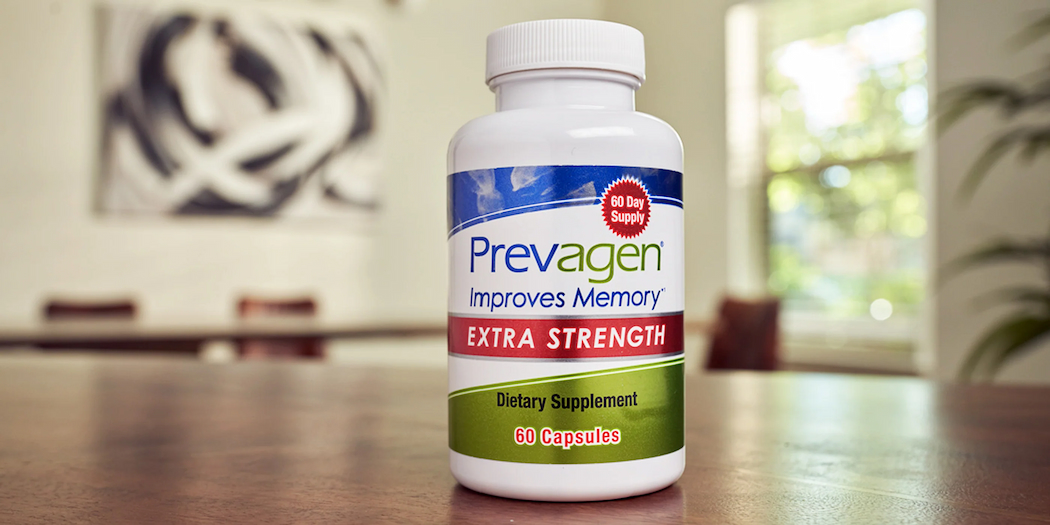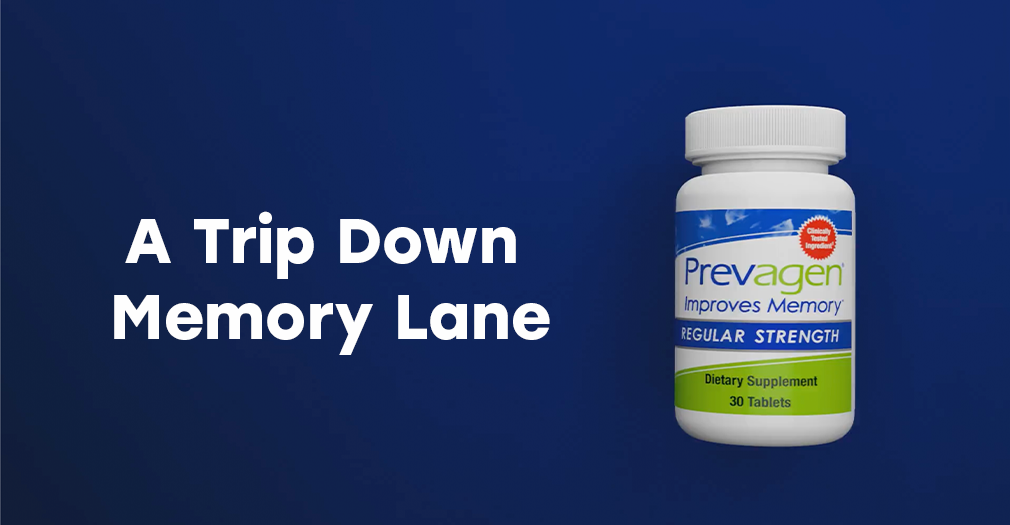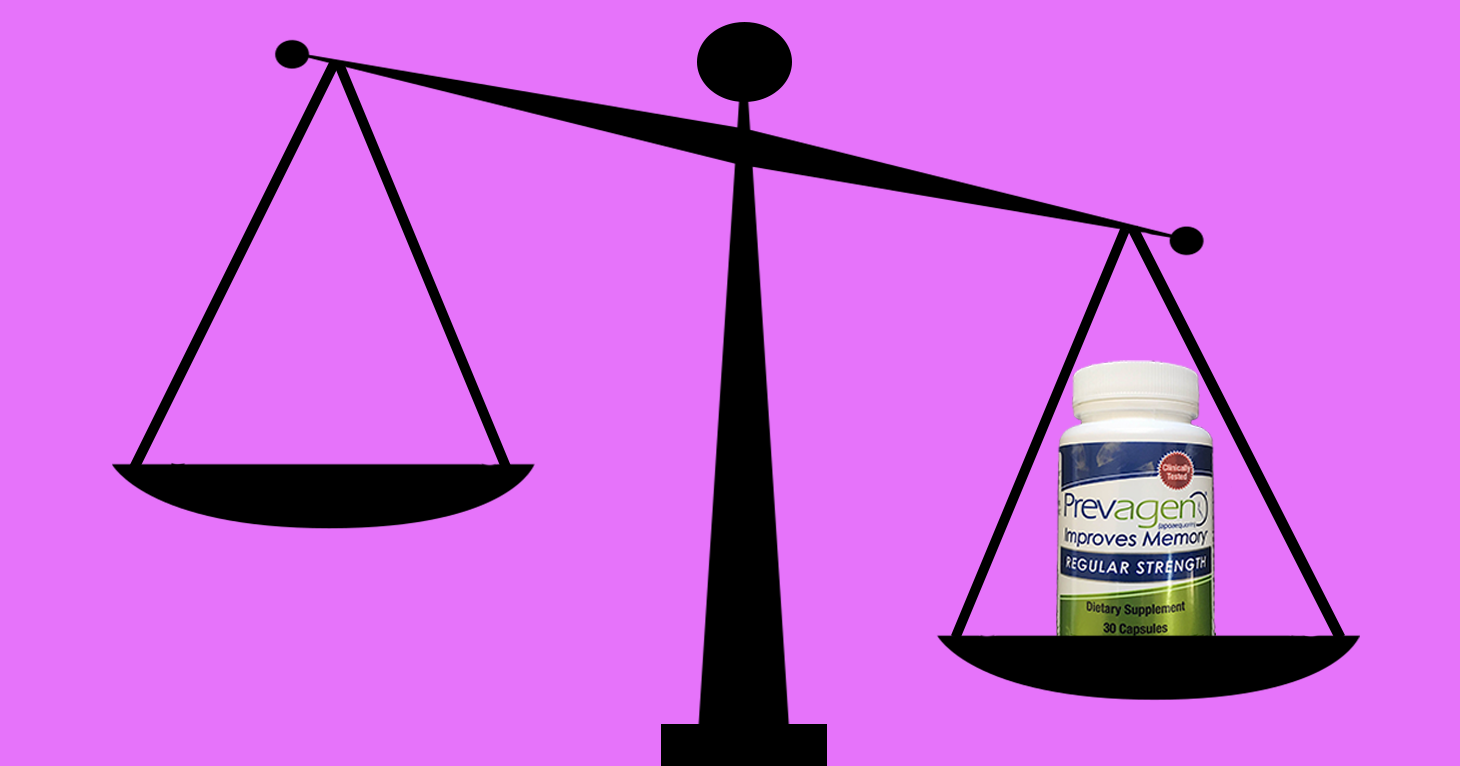
Prevagen May Have Memory Problems
TINA.org continues to support FTC, New York in federal court.
Second Circuit rules FTC/NY case against Prevagen can proceed.
| Bonnie Patten
An appellate court ruled yesterday that the FTC and state of New York can proceed with their lawsuit against Quincy Bioscience, which deceptively claims that its jellyfish-derived supplement Prevagen can improve memory. The order from the Second Circuit comes less than two weeks after the parties argued the case before a three-judge panel of the circuit, indicating that the decision really was a no-brainer.
For 45 minutes on Feb. 8, attorneys for the FTC, New York and Prevagen presented their arguments and answered questions from the panel about whether the lawsuit should be allowed to proceed. TINA.org, which first alerted the FTC to Prevagen’s deceptive advertising in 2015 and filed a brief in support of the FTC and New York, was there for oral argument. Here are four reasons TINA.org believes that the appellate court got it right.
1. Prevagen admits that its clinical study shows that the supplement doesn’t work
At the trial court level, the court indicated that “[i]t is common ground that the Madison Memory Study … failed to show a statistically significant improvement in the experimental group over the placebo group as a whole.” And at oral argument two weeks ago, it went like this:
Prevagen: “We don’t dispute that if you look across the entire 211 people who completed the study there was no statistically significant difference but-”
Court: “You couldn’t. You couldn’t dispute that.”
Prevagen: “And I’m not.”
End of story.
2. Prevagen is for the dogs
According to Prevagen, the company has no evidence that its supplement can cross the human blood-brain barrier, which raises serious doubts that the product could ever work as advertised. Rather, Prevagen’s support for its marketing claims is that it has a canine study showing the supplement crosses the blood-brain barrier of dogs. As the company said at oral argument:
Did we ever say we have evidence that it [Prevagen] crosses the human blood brain barrier? No. We only say we have evidence that it crosses the blood brain barrier in the dog study.
Suffice it to say that while dog may be man’s best friend, dog is NOT a reliable substitute for human studies.
3. Don’t believe what they say
Despite Prevagen’s unqualified advertising message that “Prevagen improves memory,” it argued in court that it didn’t actually mean that its supplement improves memory generally. What it said in court was:
We’re not advertising a cure for Alzheimer’s. We make … the disclaimer that we’re not advertising to prevent any disease. We’re also advertising for mild memory problems associated with aging. We’re not advertising a cure for all memory problems for any purpose.
Really? Because right on the Prevagen bottle it says “Improves Memory” with no qualifiers or limitations in sight.
4. A losing argument
As Carl Sandburg famously said, “If the facts are against you, argue the law. If the law is against you, argue the facts. If the law and the facts are against you, pound the table and yell like hell,” which is exactly what Prevagen attempted to do at the end of its oral argument when it said:
Why can’t [the FTC] amend [its complaint]? And the answer to why can’t they amend is that they don’t have their own commission’s support for this lawsuit. This was voted out in the waning days of the last administration by the two Democratic commissioners left standing. They would need to go back to the commission for an amendment and they can’t. …
But the court was having none of it and bench-slapped Prevagen’s attorney all the way back to his seat:
I just want to say before you sit down that I think the political party of the members of the commission have nothing to do with whether Prevagen improves memory or not and I resent you suggesting that it’s politically determined.
Boom! Game. Set. Match. FTC wins.
UPDATE 11/20/20: A federal district court has approved a class-action settlement over claims that Quincy Bioscience falsely advertises that Prevagen can improve memory. TINA.org had objected to the proposed settlement on the grounds that the terms were unfair to consumers, who are only eligible to receive a maximum refund of $12 unless they kept receipts. The FTC and state of New York’s lawsuit against Quincy is pending. For updates on that case, click here.
TINA.org continues to support FTC, New York in federal court.
Eight years after TINA.org alerted regulators, supplement ads continue to convey deceptive and misleading memory improvement claims.
Pending class-action settlement leaves consumers behind.


